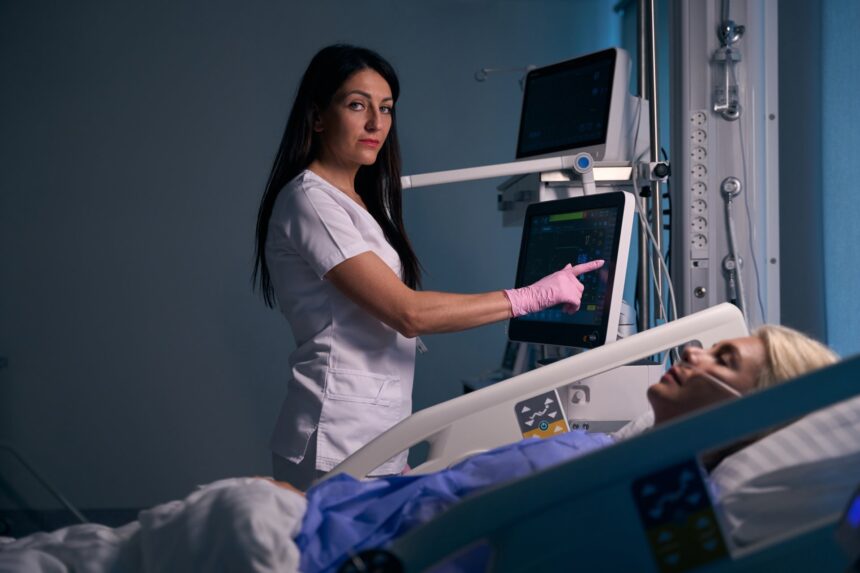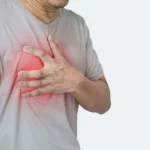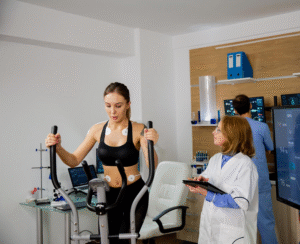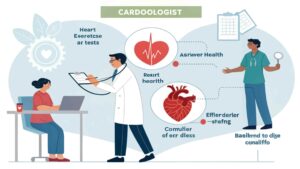Cardiology is a medical specialty focused on the heart and the circulatory system. Cardiologists diagnose, treat, and manage a wide range of heart-related issues, from congenital disabilities to acquired heart diseases. Here are three innovative approaches in cardiology for better patient outcomes:
1. Digital Health Integration
Digital health tools are changing how heart conditions are monitored and managed by both healthcare teams and patients. Wearable technology and mobile health applications can track key metrics, including heart rate, rhythm, and activity. While heart care utilizes services like EKG, stress tests, and remote monitoring tools, these technologies complement in-office diagnostics by providing more information about daily fluctuations and overall heart health.
Telehealth has become more widely used, offering options for virtual consultations, follow-up appointments, and ongoing condition management. Virtual visits help make regular check-ins for hypertension, atrial fibrillation, and congestive heart failure more convenient. They also increase access for those who have difficulty traveling, supporting ongoing communication between you and your care team. Remote communication helps track symptoms and health changes, making follow-ups and care adjustments easier.
2. Minimally Invasive Interventions
Some advances in cardiology include a continued shift toward minimally invasive procedures. Options beyond traditional open-heart surgery include procedures such as heart catheterization, angioplasty and stent placement, and pacemaker insertions. These techniques rely on small incisions and specialized equipment, often resulting in less discomfort and a quicker recovery for patients. Minimally invasive procedures also extend to device management, including pacemaker and anticoagulation management for individuals with specific heart rhythms or clotting risks. Diagnostic tools like vascular and carotid ultrasound are used to evaluate blood vessels and guide treatment decisions.
3. Interventional Cardiology
Specialized cardiology services help address various heart conditions, such as coronary artery disease, heart valve problems, and peripheral artery disease. Interventional cardiology teams use minimally invasive procedures to fix problems with your heart’s structure. This includes:
- Cardiac catheterization: This procedure checks and treats blocked heart arteries.
- Angioplasty and stenting: These procedures open up blocked arteries to improve blood flow.
- Peripheral artery disease (PAD) interventions: These treatments help improve blood flow to your arms and legs.
- Structural heart procedures: These fix issues like holes in the heart, such as patent foramen ovale and atrial septal defect closures.
Other advanced treatments include minimally invasive techniques that reduce recovery time and improve outcomes. Transcatheter aortic valve replacement (TAVR) can replace a narrowed aortic valve without open-heart surgery, and a leaky mitral valve can be repaired with a catheter. These procedures are performed by specialized medical teams using state-of-the-art technology to maintain precision and safety.
Get Cardiology Treatment Today
Treatments for heart conditions change over time, offering more choices for you and your healthcare team. Digital health tools and telemedicine can facilitate continuous monitoring and provide convenient access to care. Minimally invasive procedures often result in fewer complications and faster recovery. A personalized treatment plan allows physicians to tailor therapies to individual patient needs based on genetic factors, lifestyle, and specific disease characteristics. Contact a cardiologist today to actively manage your heart health.














